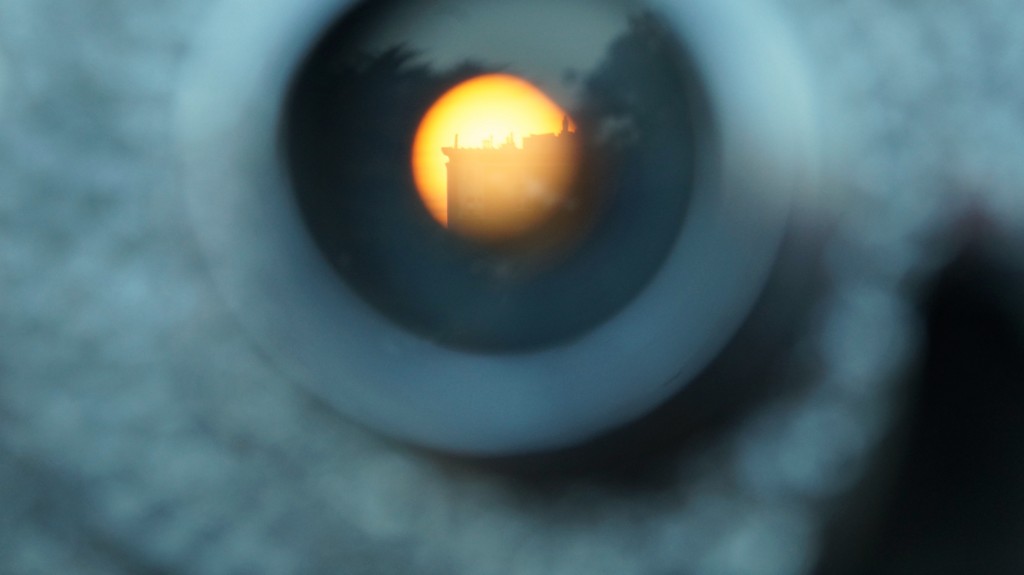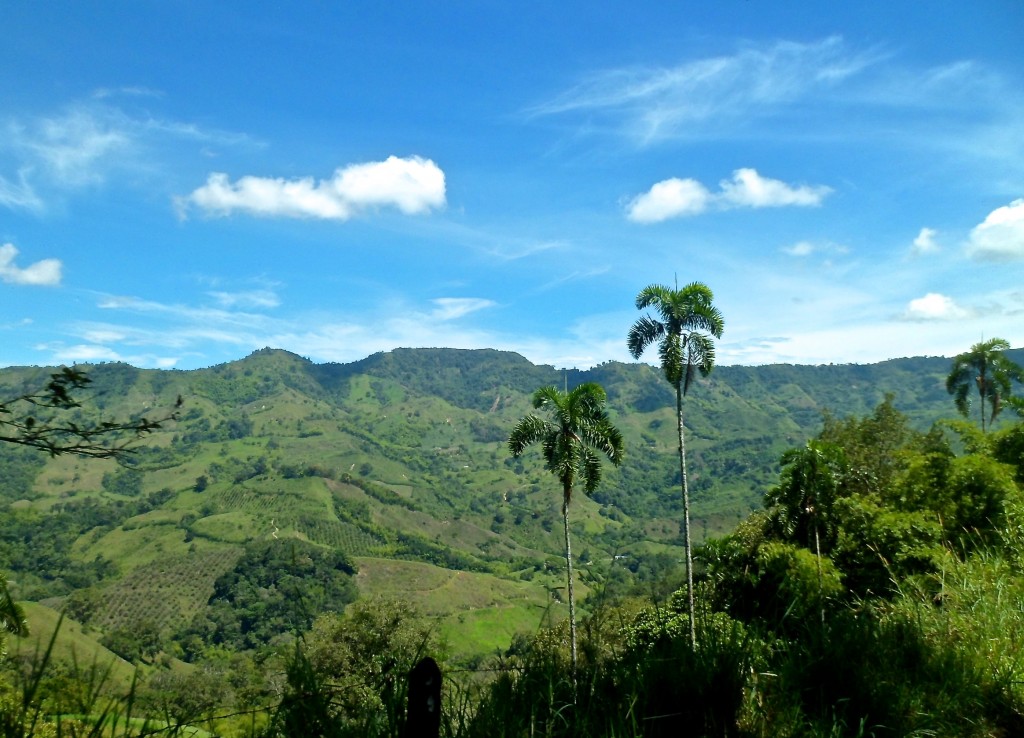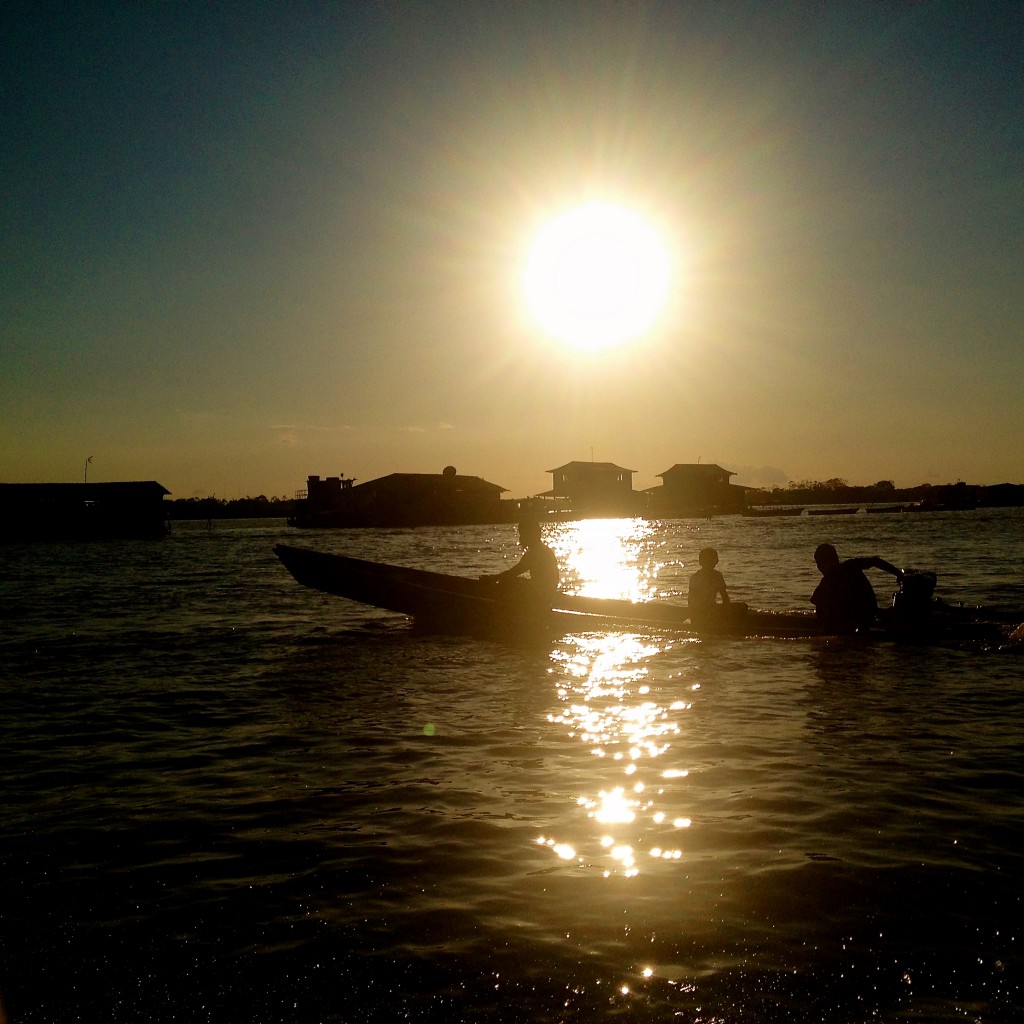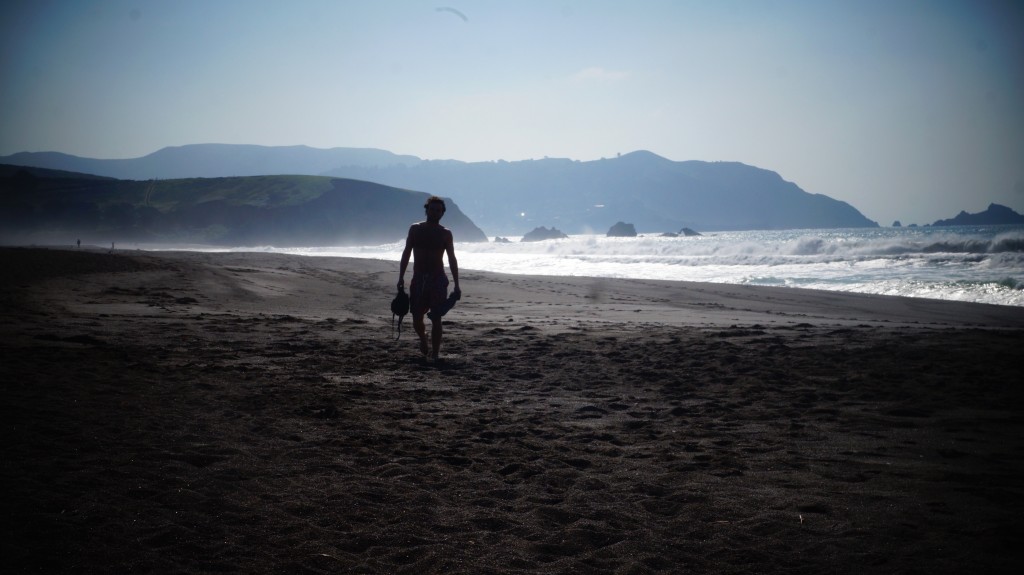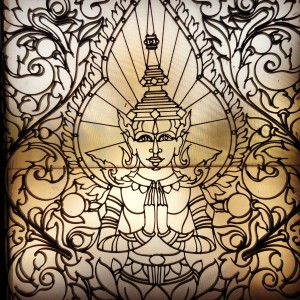“You would die if left alone in the rainforest; I would die if I stayed in your cities” -Ráfue, a Native Huitoto in the Colombian Amazon.
In the Amazon Rainforest lies an alternate reality. Life is different there. Wealth is measured in terms of knowledge acquired from nature, their ultimate treasure. The natives have a use for resources in their entirety and waste is not a component of their system. When I immersed myself in this alternate way of living, I had the pleasure of talking to Ráfue, the son of the Shaman of a small Huitoto tribe, who gave me a small insight into their belief system. Their myths are structured around four pillars that are represented by the four columns that support their Malocas, or ancestral long houses used for rites and ceremonies. To the East lies the first pillar, representing plants and animals. To the west, the second pillar represents the knowledge and respect of and for nature. To the south lies the third pillar symbolizing water and its necessity for life. Finally, the fourth pillar points towards the north and represents fire, or Buinama, and sustenance.
This reality, so often considered inferior by the “Western man,” sees him as an Erudama, or younger brother, who should be cared for and taught in the right direction. The Huitoto believe that the Western man was born just yesterday and still has much to learn. Contrary to colonial thinking, all sources of native knowledge including their own come from the roots of nature since the beginning of creation which is why they have access to the secrets of nature and an inherent connection to it.
This intricate connection with nature is seen in every aspect of their lives, ranging from myths and stories, to medicinal, religious, and spiritual traditions. Present in the everyday lives of adult males, the Huitoto believe to have come from the female Mámbe, coca leaves after they have been toasted and ground, and the male Ambil, a semiliquid form of tobacco. A central part of every ceremony, coca, tobacco, and cassava, must be provided by the host community and any gathering. In the centre of the Maloca lies a pot of Ambil that is licked by every adult male and which signifies the unanimity, connectedness, and solidarity of those involved. Mámbe is used daily as a source of positive physical and mental energy as well as to avoid fatigue, but it is only to be used by males who have successfully completed the rite to manhood, which requires surviving for three months alone in the depths of the rainforest. Upon their return, men are received with a feast and a lifelong commitment to Mámbe and Ambil.
As a means to strengthen their connection with nature Yagé, commonly known as Ayahuasca, has a profound spiritual significance. Adults in the Huitoto communities have approximately three Yagé ceremonies per year to purge their souls and bodies, and as means to enlightenment and guidance throughout the path of their existence. All ceremonies are lead by their Shamans who guide it and interpret their visions.
In order to walk the forest at night, they use Luciferosa, a fungi that grows on fallen leaves and glows faintly when the moon’s light is not enough to penetrate the lush canopy of the forest. As Ráfue talked about the uses of a vast repertoire of plants, I could not help but feel awed by their knowledge; how is it that the ‘civilized’ man had undermined it? They manage to survive extreme living conditions without the use of our science and technology, and not only do they survive but they live in a way that harmonizes with the ways of nature and protects it for the use of the coming generations. To me, it seems ironic. Isn’t living with cooperation and connectedness as core values, and with practices that ensure the wellbeing of nature and everyone in the community infinitely smarter?
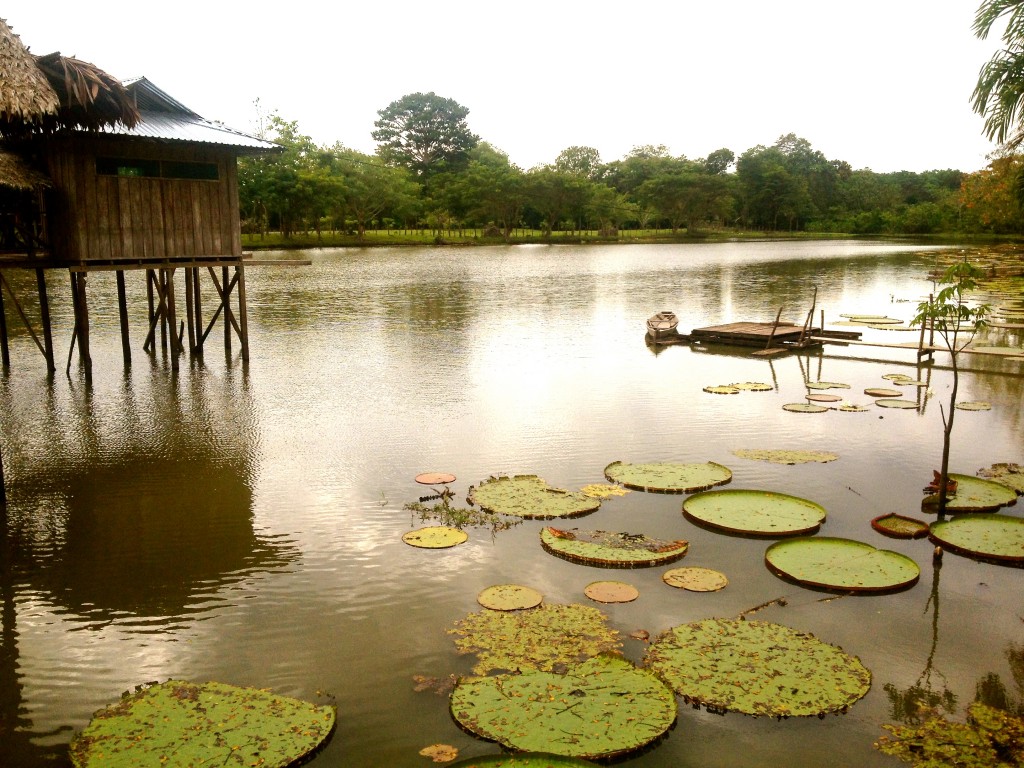
Mimesis. This picture was taken in Leticia, Colombia in July 2014 during a visit to a Huitoto community, whose constructions are built with the rise of the Amazon river in mind. Pictured is the Vicoria amazonica, the largest species of water lilies endemic to the Amazon region.
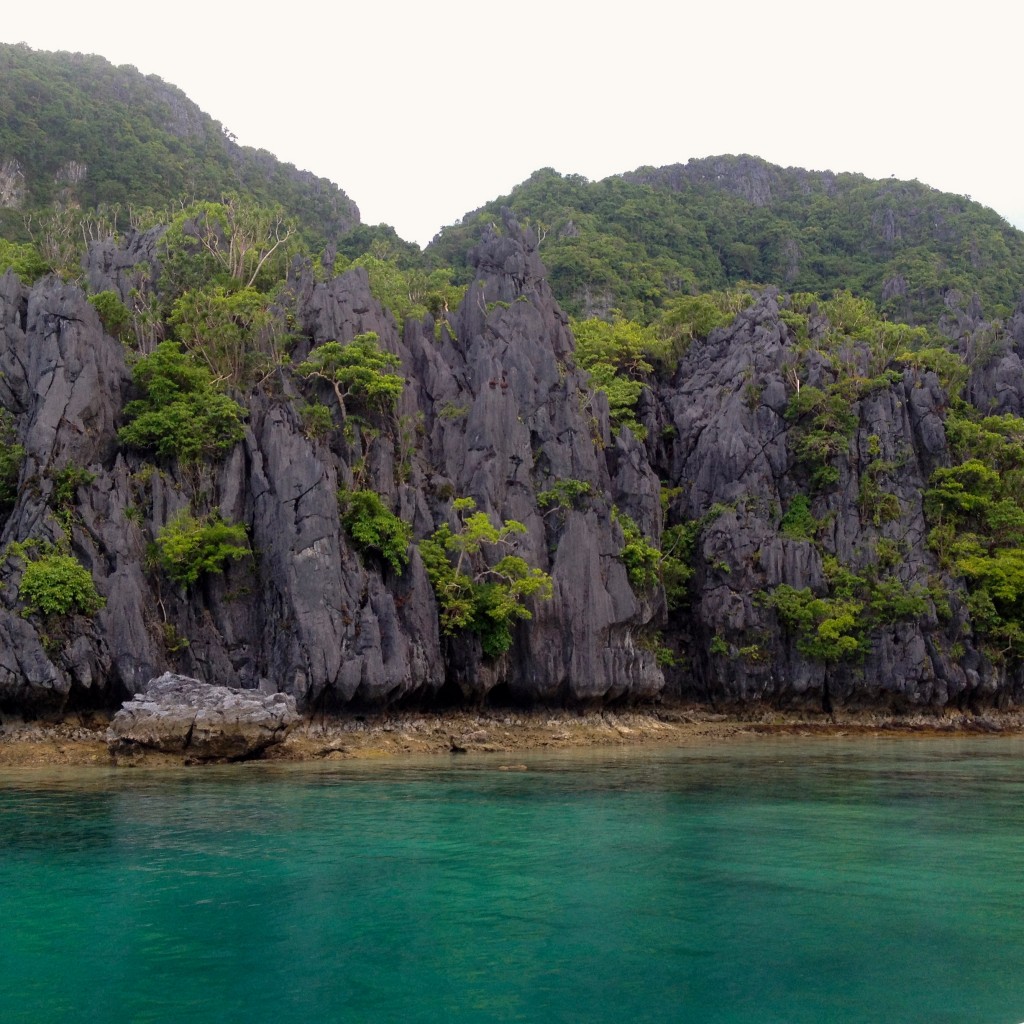
 Follow
Follow